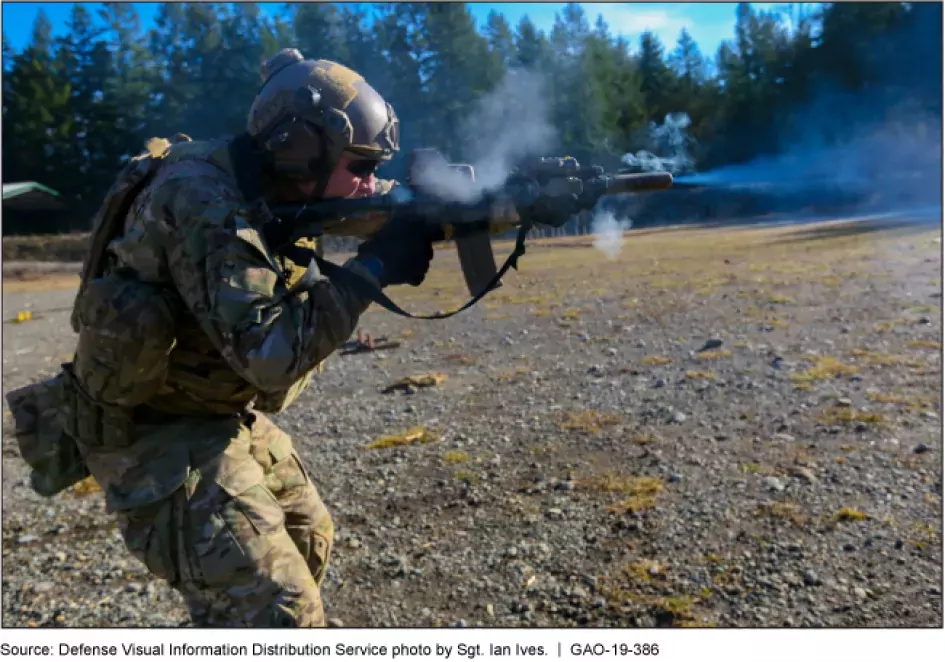
01 Apr As U.S. Special Ops’ Role Has Expanded, So Have Impacts on Servicemembers and Their Families
Read full article on Government Accountability Office
U.S. Special Ops may bring to mind movies like Zero Dark Thirty and Black Hawk Down, or even popular video games like Call of Duty.
Since its founding, U.S. Special Operations Command (SOCOM) has captured the imagination of American popular culture. And, in real life, SOCOM is playing an increasingly important role in military operations. This expanding role has increased the pressure on servicemembers (such as the Navy Seals and Green Berets), who carry out its missions.
April marks the 35th anniversary of SOCOM founding by Congress. In honor of that anniversary, today’s WatchBlog post looks at our work on how SOCOM’s role has expanded over the years and the impact that has had on servicemembers and their families.
Historically, special ops units have been known to work in small units and carry out elite missions. They were called in for missions that only servicemembers with specialized training could complete with innovative technology—hostage situations, reconnaissance, surveillance, among others. Over time, SOCOM added to the scope of their mission, including missions aimed at stopping the spread of nuclear weapons and terrorism. After the September 11 attacks, SOCOM took a lead role on the Global War on Terrorism. Special ops forces grew from 38,000 personnel in 2001 to 73,000 by 2020. Its budget also increased from $2.3 billion to $13.7 billion.
The DOD has increasingly relied on special ops forces. But this reliance has meant that these forces are deployed more often, for longer periods of time, and have had little downtime with family in between deployments because of training.
In 2011, SOCOM studied how increased operations affected its forces, and determined that the force was “fatigued, worn, and frayed around the edges.” Servicemembers and their families reported experiencing mental health challenges.
The Preservation of the Force and Family Program supports Special Ops Forces and their families
In 2013, SOCOM began a program called the Preservation of the Force and Family to support special ops forces and their families. It’s a unique military-run program that puts specialized providers like psychologists and physical therapists with special ops units. Units have access to these specialists without having to wait in line. The providers often work alongside servicemembers and understand the special ops culture and mission.
The program budget has more than tripled since fiscal year 2015, reaching about $79.3 million in fiscal year 2021. However, we found that staffing levels are not consistent across the globe. This means that special ops forces’ access to services depends on their location. Because special ops forces inevitably move to different commands and locations throughout their career, they may not always get what they need from the program.
We recommended that DOD develop a strategy and update its model used to decide where to put different types of providers so that special ops forces have access to the services they need.

